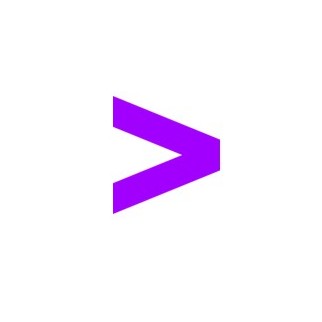Cooperation in German – German Work and Communication Culture

Order to Cash Operations Associate

related articles
Understanding the German approach to work
When working with German-speaking clients or colleagues, it is essential to be aware of the differences between German and Polish work cultures. In my role at Accenture for a German-speaking business client, I am responsible for monitoring customer accounts and contacting them in cases of outstanding payments, overpayments, etc. I also work on a helpline where customers call with various questions and requests.
This requires conducting conversations in a polite, yet clear and matter-of-fact manner. This job has also taught me to articulate my thoughts efficiently in German, helped me develop my language skills, and overcome my reluctance to speak a foreign language. It has also allowed me to better understand cultural differences and take them into account in my daily work.
Cultural Differences in Communication Styles
Germans and Poles have somewhat different communication styles. Germans are more direct and goal-oriented Furthermore, being factual is a great advantage when dealing with clients. German-speaking customers present their requests in the form of clear messages and prepare the necessary information in advance (such as customer or invoice numbers), which facilitates finding a solution and streamlines the work. In return, they also expect clarity, so I always try to express myself clearly and precisely. Germans value punctuality and accuracy, so it is important to perform tasks reliably, following set standards, and to plan whenever possible. Thanks to Accenture, I have the opportunity to enhance my customer service skills through communication and service quality training. These training sessions help me perform my duties more effectively and professionally.
Structured Workflows and Clearly Defined Roles
The German work culture is also characterized by a formal approach, and work is precisely structured, so everyone knows their role and to whom they should turn with a specific issue. This prevents situations where colleagues shift responsibility back and forth. I appreciate this work style because I know exactly what is expected of me. I can always rely on my supervisors and colleagues, knowing whom to approach in difficult situations. This gives me a sense of security and motivates me to grow further.
Hierarchy and Formality in the Workplace
In a German team, there is typically a strict hierarchy that influences communication styles. An informal tone may be perceived as impolite, not only when dealing with clients but sometimes also in inter-team communication. It is advisable to use polite forms of address and refer to colleagues as "Frau" or "Herr" if you are unsure whether they prefer a more direct approach. They can separate the person from the task, which means that even if they like a colleague or subordinate, they are still capable of pointing out a mistake. At the same time, they are eager to help solve the problem. This encourages further development and enables the identification of mistakes and avoiding them in the future.
Working in a German-speaking environment provides excellent opportunities for personal growth and enhances an employee's marketability by developing intercultural skills. My job at Accenture Operations has not only improved my language skills but also deepened my understanding of German work culture, including the differences in working styles and client approaches. When collaborating with German-speaking business clients or teams, being factual is essential. The German communication style is formal, precise, and objective. It's important to consider these differences in communication and work culture when working with German-speaking clients or teams to avoid unnecessary conflicts and misunderstandings.
Read more: 7 German words commonly used in Poland












